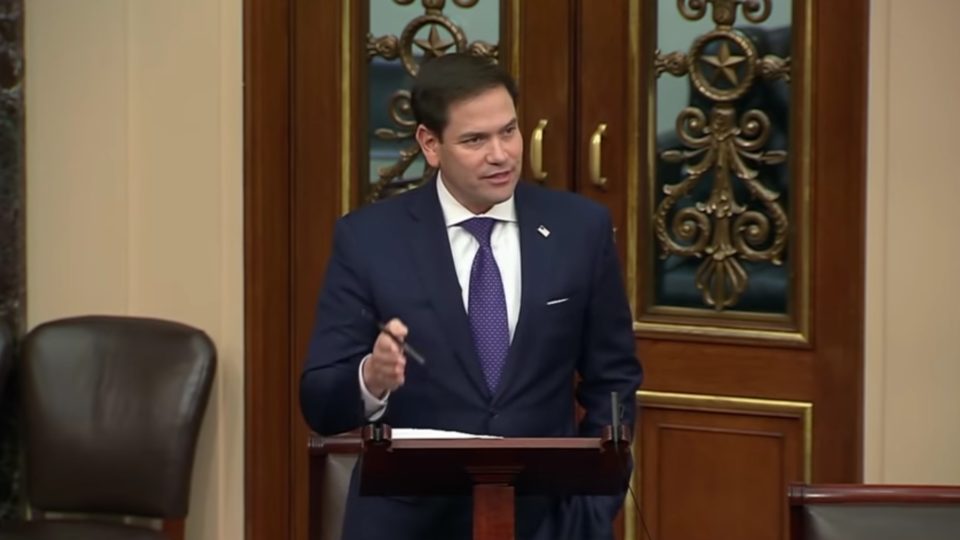The U.S. Senate unanimously adopted legislation Tuesday supporting “human rights and democracy” in Hong Kong and threatening to revoke its special economic status, in an exceedingly rare show of bipartisanship in support of the city’s embattled pro-democracy protesters.
The lawmakers also approved a measure that would ban the sale of tear gas, rubber bullets, and other equipment that has been used by security forces to suppress the protests that have rocked Hong Kong for months.
China had expressed its “strong indignation” last month when the U.S. House of Representatives passed a similar measure.
The Senate’s Hong Kong Human Rights and Democracy Act would require the president to annually review the favorable trade status that Washington grants to Hong Kong. It also mandates sanctions against Hong Kong and Chinese officials who commit human rights abuses, including “extrajudicial rendition.”
This summer’s protests in which millions marched were sparked by a now-abandoned attempt to allow extraditions from Hong Kong to the authoritarian mainland.
The Senate “sent a clear message to Hong Kongers fighting for their long-cherished freedoms: We hear you, we continue to stand with you and we will not stand idly by as Beijing undermines your autonomy,” Republican Senator Marco Rubio said.
The passage of the bill marks “an important step in holding accountable those Chinese and Hong Kong government officials responsible for Hong Kong’s eroding autonomy and human rights violations.”
The Senate Foreign Relations Committee’s top Democrat, Robert Menendez, added that the legislation “makes it clear that the US will stand firmly and unambiguously with the legitimate aspirations of the people of Hong Kong.”
The protests and the resulting crackdowns have turned parts of Hong Kong into violent battlegrounds for weeks. On Tuesday protesters occupying a university defied warnings to surrender, as skirmishes between police and demonstrators continued.
The Senate bill updates the original Hong Kong Policy Act of 1992.
Senator Ben Cardin, a Democrat from Maryland, noted how Hong Kong has enjoyed a special economic status for years, one that relied on authorities “protecting democracy and human rights” in the territory.
“That was the commitment. And if they don’t comply with that, the special status should no longer be available,” Cardin said.
The House and Senate will now harmonize the texts into a single bill to pass Congress and go to President Donald Trump’s desk for his signature.




